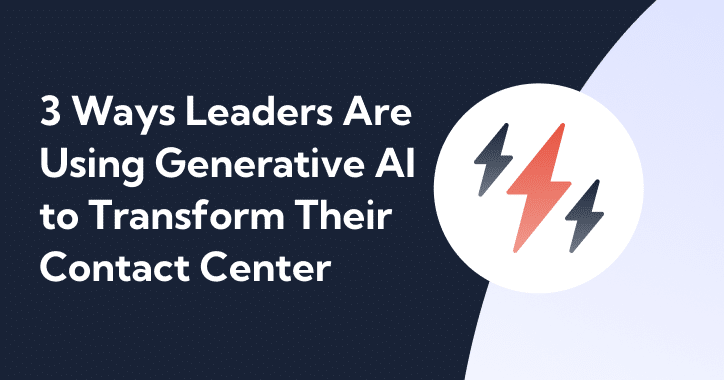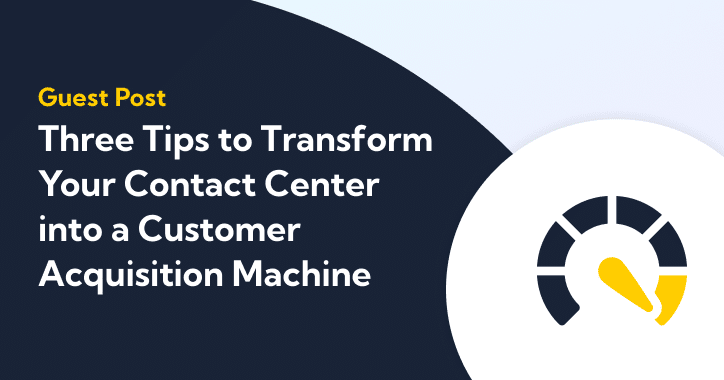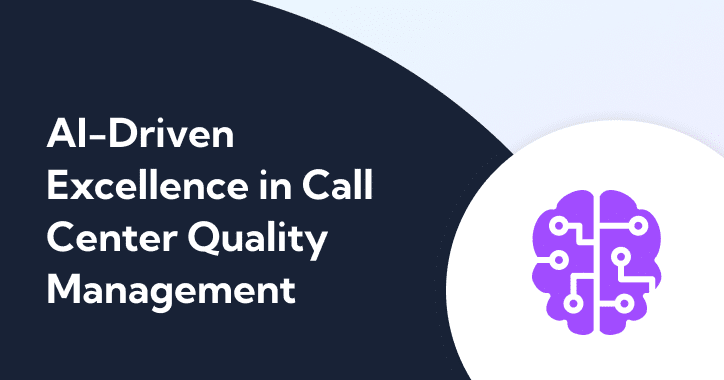
There is some fear, particularly among new graduates, that new technology may replace the need for human employees. Some graduates and young college students worry that AI narrows their employment options, and may even edge them out of their chosen fields.
While things like AI and robotic learning systems can help increase business efficiency, a complete replacement of human jobs in business is highly improbable. There are a variety of reasons for this, including the price of AI vs. human employees, the current limitations of AI, and consumer preferences.
No, AI Will Not Replace Humans in Customer Service
Simply put, AI will not replace humans in customer service. At least, not anytime soon. While many industries would benefit from a total AI takeover in terms of efficiency and output, someone would still have to script the AI, set up the systems, and guide and maintain them for longevity. This means AI software will always be dependent on humans, in one way or another.
Additionally, customers still prefer speaking to a customer service agent over an AI program, even if they are getting more accustomed to things like chatbots. While attitudes may change, businesses, particularly call centers and customer service agents, have more to lose in replacing the human touch completely with AI today.
Why the Human Touch Matters in Customer Service
AI can complement customer service and help improve things like one-call resolution. However, there are certain human elements that AI cannot augment or replace, such as face-to-face interaction.
With human-to-human interaction, it’s easy to implement simple customer satisfaction tools, such as personalization. As of 2021, 71% of consumers expect some kind of personalization from businesses, according to Mckinsey. And although personalization is still achievable through AI, it requires premeditated thought from a human or employee.
Benefits of Integrating AI and Customer Service
Businesses should focus on how AI can help enhance customer service alongside human agents, rather than replace their human agents. Not only will this increase the quality of customer service any agency can provide, but it can also make the jobs of customer service agents easier. Efficient customer service, integrated with AI, can help improve customer attitudes and drive conversions.
Benefits of AI for Customer Service Agents
AI serves to grant customer service agents a lot of advantages in their field. This is because AI can work like a tireless, constantly available coworker. Some of the benefits AI grants to customer service agents include:
- Capturing, storing, and organizing data: AI can capture, store, and organize data faster, and often more accurately than humans. By delegating this task to AI, agents can focus on interpreting data and providing solutions.
- Improving data engagement: Because AI can increase the amount of data being captured, and sort it instantly, agents and managers can interact with it more meaningfully. Whether it’s helping improve call engagement, interpreting customer data to provide personalized experiences, or simply finding the right ticket faster, AI helps increase data engagement.
- Reducing workloads: The use of AI can help reduce the amount of busy work — like data organization — of call agents and other employees. This not only frees up time for more important work, but it can also help employees feel more satisfied with their jobs, as they spend less time on meaningless tasks.
While replacing real-life agents with AI isn’t the answer, supplementing your customer service departments with AI can give your agents all the tools they need to succeed, and even help your business discover new opportunities.
Benefits of AI for Customers
Customers can also benefit from AI integrations. Revising the workload of real-life agents frees up time to talk with customers and address problems faster and more efficiently. This has a direct positive impact on customers. Other benefits of AI to customers include:
- Reduced wait times: Because AI can help shift around workloads for agents, customers can experience reduced wait times when it comes to getting off hold. Additionally, AI may be able to handle simple requests quickly and efficiently, further reducing wait times for issues.
- Increased company engagement: Because AIs don’t need to have “off-hours”, customers can engage in some way with customer service at any point of the day. This can be incredibly helpful for customers in all time zones, with any kind of schedule.
- Increased data integration: AI can help increase data integration, because of the way that AI programs can capture and analyze data. This can help improve personalized experiences, and can even be more secure than manual review, as data gathered via AI can be encrypted and secured in several ways.
The specific benefits to your customer base will vary based on what kind of business you are, as well as how you’ve decided to integrate AI into your customer service. These specific benefits above can be seen most commonly by call centers.
Negative Impacts of AI on Customer Service
Despite its many benefits, AI is not faultless. And more importantly, AI systems are a direct reflection of the business. Integrating AI into your customer service processes can be a heavy lift initially, however, when done properly with special regard for the agent and the consumer, it can provide incredible benefits. However, when done poorly, lazy AI can have negative impacts. These could include:
- Decrease customer service quality: Poorly coded and executed AI can reduce the quality of your customer service. It can make false tickets, misinterpret requests, and be all-around difficult for customers to interact with. This can have a huge negative impact on your customer satisfaction, and can result in things like negative reviews that harm your business’s reputation.
- Increase Unconscious Biases: Poorly coded or maintained AI can increase unconscious biases — for example, if you don’t update an AI for gender-neutral terms, this can alienate some of your clientele and reflect poorly on your company. Remember: your AI is a direct reflection of your company, and whatever it does or “says” should be treated as if an employee did or said something similar.
- Create more work: If agents spend excessive amounts of time recalibrating or fighting with AI, it can cause them to fall behind on their workloads, increase wait times, and create more work for agents overall.
It’s important to note that AI in and of itself isn’t what’s valuable — it’s how it’s applied and maintained by businesses.
Tips for Integrating AI and Customer Service
AI can be a great addition to your business, but that doesn’t mean it’s perfect for every business process. Before you integrate AI into your business, particularly into your customer service processes, there are some things you should consider first:
- Return on Investment: You’ll want to carefully consider your return on investment before you purchase an AI system. For example, a small business may not see the same return on investment for integrating a chatbot alongside their customer service, as a large corporation might. You can measure return on investment by determining what, specifically, the AI will assist, and how it will affect your bottom line.
- Up Training Time: Another thing to consider before integrating AI is uptraining time. Will you have to stop operations to train employees on a new system? Can you provide financial compensation for out-of-office training? How you’ll train employees, and what it will cost are important considerations for integrating a new AI system.
- Maintenance: The cost, both funds and time, of maintaining an AI system should also be considered before you integrate an AI system into your processes. As we’ve mentioned, lazy AIs can be costly and have negative effects, so maintenance is non-negotiable. Determining a maintenance schedule, as well as what necessary maintenance will require, are two things you should know before you start working with AI.
AI can be an incredible asset, particularly for call centers that rely heavily on online input. However, it’s important to understand that AI is a supplement, not a shortcut. Understanding this helps improve both your customer and employee experiences with your company.






